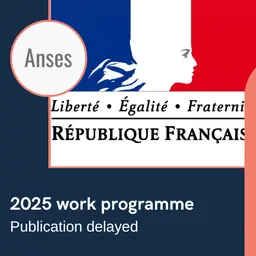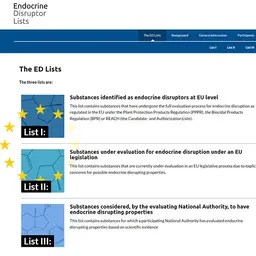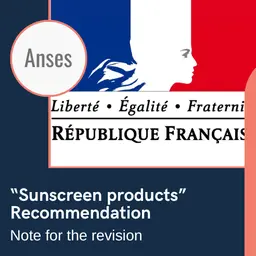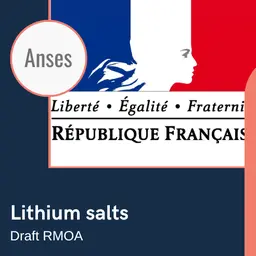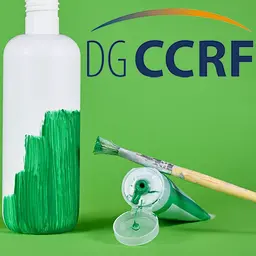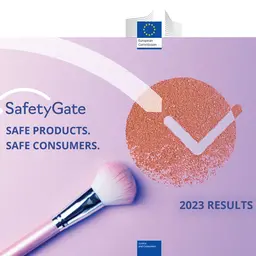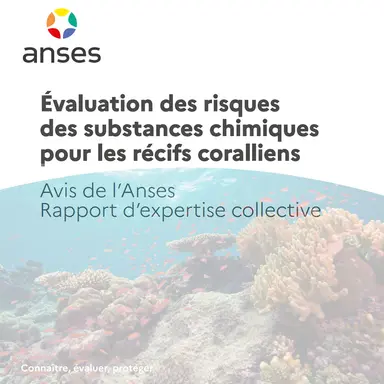
On 18 September 2023, the Anses published an expert report drawn up in collaboration with the OFB (Office Français de la Biodiversité - French Biodiversity Office) on the risk assessment of chemical substances (including UV filters) for coral reefs. In its conclusions, the Agency recommends reducing the releases of these substances into the marine environment, as well as requiring justification for claims of environmental respect (or, failing that, to prohibit them).
Coral reefs are some of the richest ecosystems on the planet, home to an exceptional biodiversity of almost 100,000 species (corals, echinoderms, molluscs, crustaceans, worms, sponges, fish, rays, turtles, sharks, etc.). But worldwide, it is estimated that 20% of reefs have been irretrievably destroyed in recent decades. Of the remaining 80%, only a third are thought to be in a satisfactory state. At the forefront of the threats identified are the consequences of global warming, as well as pollution linked to human activities, leading to the presence of numerous chemical substances in the oceans.
The assessment process
France is the only country in the world with coral reefs in all three tropical oceans, their total surface area corresponding to 10% of the world’s coral reefs.
On 1 August 2018, the French Ministry of Ecological Transition announced the launch of a “Mission océans”, one of whose actions was to carry out an inventory of the various chemical substances that are particularly toxic to marine ecosystems and coral reefs. This mission was entrusted jointly to the OFB and the Anses.
Expertise focused on tropical reef-building coral species in the French overseas departments and regions (Martinique, Guadeloupe, Réunion and Mayotte), the overseas collectivities …

